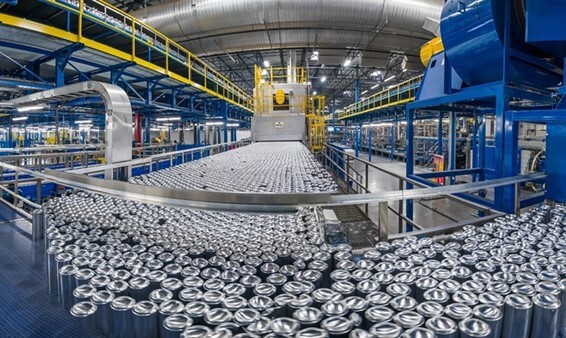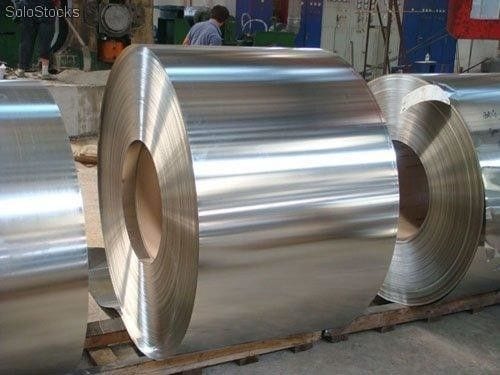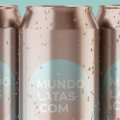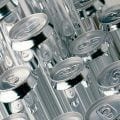The increase in the use of aluminum cans due to the accelerated consumption caused by the pandemic has led to an increased demand for cans in the U.S. as people are drinking more at home than in bars. This fact has led the multinational company Ball, one of the largest manufacturers of cans in the U.S., to take a drastic decision to change its ordering procedures due to the impossibility of meeting the current demand.
The company has begun informing breweries across the country that it had been supplying pre-printed cans directly that their minimum order will be increased fivefold. This means that brewers will have to increase their minimum order from 204,000 cans to 1,020,000 cans. The first consequence, they will have to pay for and store five loads of cans, generating a greater amount of money to be spent and space, a cost overrun that many companies cannot afford.
“These changes demonstrate that Ball is moving toward the kind of long-term contracts for committed volumes with effective cost recovery mechanisms,” as John A. Hayes, Ball Corp’s president and CEO, says in the company’s third-quarter earnings call. The overall shortage of aluminum cans looks set to continue through 2022 and perhaps beyond, as there is more competition for aluminum within alcoholic beverages, as well as non-alcoholic products, and more customer demand for this type of packaging. In addition, prices for 355cl cans will go up by almost 28%, as well as minimum orders of 1 million per unit of product. However, there are more plants under construction in the United States, not only by Ball Corporation, but also by other companies.
During the pandemic, when their main sales platforms such as tasting rooms, pubs and restaurants disappeared, most craft breweries turned to packaging their products in order to earn an income to sustain themselves. For many small and medium-sized breweries, canning has been a lifesaver over the past couple of years.
“The demand for sustainable aluminium beverage containers continues to grow at a rapid pace. To more effectively serve our non-contracted customer base, beginning January 1, 2022, when supply is available, we will require a minimum order of five truckloads per SKU for printed cans, and we will no longer be able to warehouse inventory on behalf of our customers,” says Ball.
One of the solutions proposed by the multinational is that customers who do not want to order so many cans will have the option of going to one of the four distributors, who will be able to store and resell the cans. These companies will also be able to add shrink-wrap labels, although shrink-wrapping makes the cans non-recyclable. But going through one of those distributors will make canning and labeling extremely expensive.
Although the long-term effects of this decision are not yet known, it could have a ripple effect throughout the industry. One of the first consequences would be that craft brewers would be forced to raise prices. It could also cause problems in the emerging category of ready-to-drink beverages, seltzer and other canned cocktails.
However, American breweries have been looking for other profitable alternatives. Some try to find other can makers, but face the added problem that many of them are no longer accepting new customers or have limited capacity. American brewers are also investigating other ways to label their cans, but most of these options are cost prohibitive.
Other consequences could be environmental, such as increased use of shrink-wrap sleeves and pressure-sensitive labels if brewers cannot meet minimums, which would reduce the recyclability and value of aluminium. There is also the potential for more carbon emissions to be produced with the additional transport of cans to distributors rather than direct shipment to breweries.














